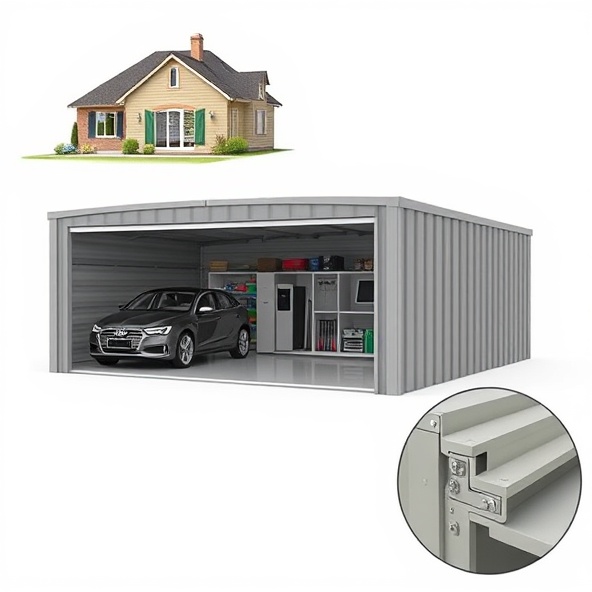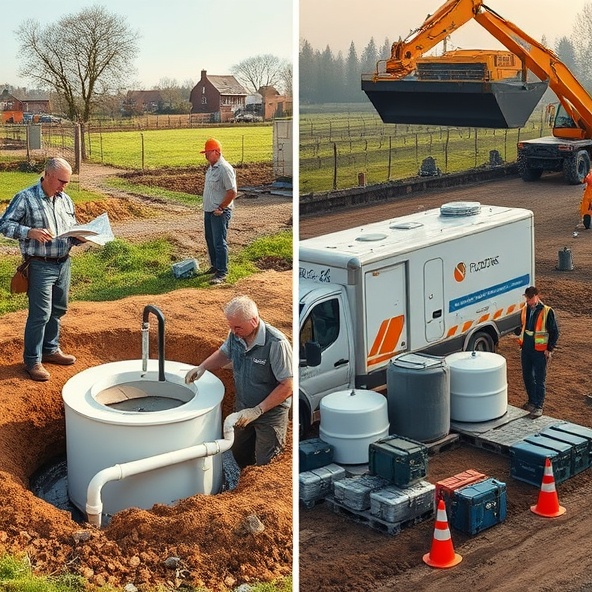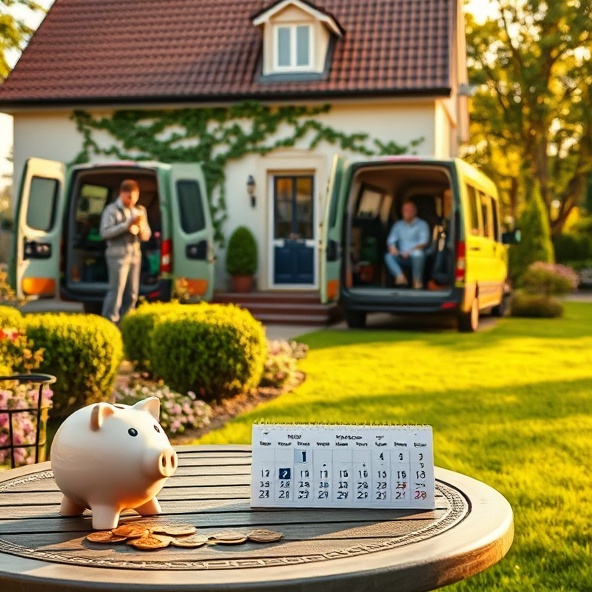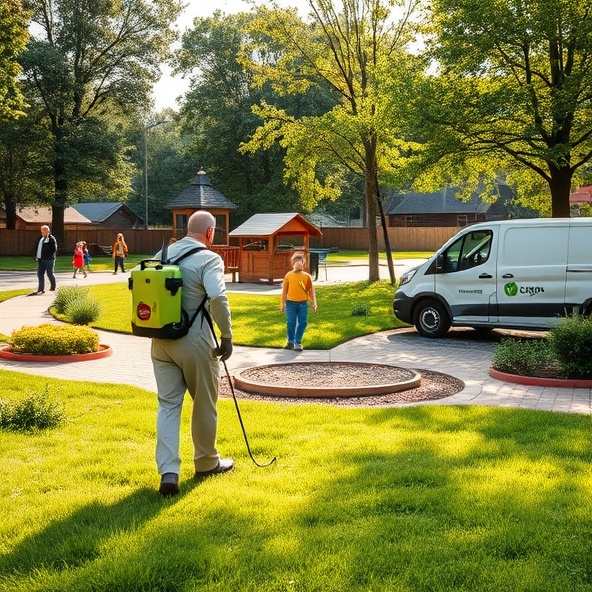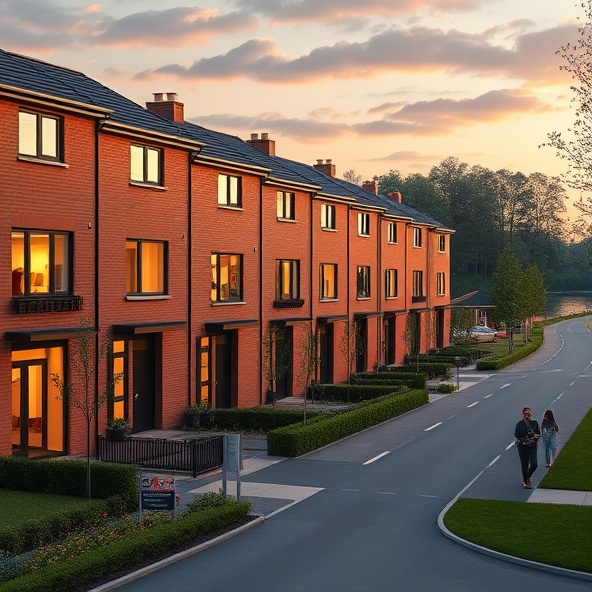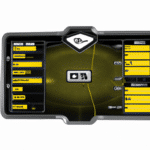Discover the Perfect Home and You: A Journey to Finding Your Dream Space
Discover the Perfect Home and You: A Journey to Finding Your Dream Space
Introduction
Looking for the perfect home can be an exciting and transformative experience. Whether you are a first-time homebuyer or seasoned real estate investor, the process of finding your dream space can be both challenging and rewarding. In this article, we will explore the key steps to discovering your perfect home and provide valuable insights to ensure your search is successful.
1. Define Your Needs and Wants
The first step in finding your dream space is to clearly define your needs and wants. Take the time to think about your lifestyle, preferences, and priorities. Consider factors such as location, size, number of bedrooms and bathrooms, amenities, and budget. Make a list of must-haves and nice-to-haves to guide your search.
2. Research, Research, Research
Once you have a clear idea of what you are looking for, it’s time to dive into research. Use online platforms, real estate listings, and local resources to explore the market. Pay attention to recent sales, average prices, and trends in the areas you are interested in. This will help you understand the market value and make informed decisions.
3. Work with a Realtor
Consider enlisting the help of a professional realtor who specializes in your desired location or property type. A knowledgeable realtor can provide expert advice, guide you through the process, and help you negotiate the best deal. They have access to resources and networks that can simplify your search and save you time and effort.
4. Visit Properties and Keep an Open Mind
Once you have a list of potential properties, it’s time to schedule visits. Take the time to explore each space and pay attention to details. Look beyond the surface and envision how the property can fit your lifestyle and meet your needs. Keep an open mind and don’t be afraid to explore different neighborhoods or property styles.
5. Consider Future Potential
When evaluating properties, consider their future potential. Look for signs of growth and development in the area. Is the neighborhood up-and-coming? Are there plans for improvements or new amenities? Investing in a property with future potential can be a wise long-term decision.
6. Get a Professional Inspection
Before making a final decision, it’s crucial to get a professional inspection. A thorough inspection by a qualified professional can uncover hidden issues or potential problems that may impact your decision. It’s better to identify any issues upfront rather than discovering them after you have already purchased the property.
7. Trust Your Gut Feeling
Finally, trust your gut feeling. If a property feels like home and meets most of your needs and wants, it may be the perfect fit for you. Don’t let minor imperfections deter you if the overall feeling is positive. Your intuition can play a significant role in finding your dream space.
Conclusion
Discovering the perfect home is an incredible journey that requires careful planning, research, and introspection. By defining your needs and wants, conducting thorough research, working with a professional, keeping an open mind, considering future potential, getting a professional inspection, and trusting your gut feeling, you can embark on a successful journey to finding your dream space. Remember, the perfect home is waiting for you, and with the right approach, you are one step closer to turning your dream into a reality.
FAQ
Jak znaleźć idealne miejsce?
Zanim zaczniesz szukać, warto określić swoje preferencje i potrzeby dotyczące domu, takie jak lokalizacja, wielkość, styl, itp. Możesz również skonsultować się z agentem nieruchomości, który pomoże Ci w znalezieniu idealnego miejsca.
Jakie czynniki należy uwzględnić przy wyborze miejsca?
Przy wyborze miejsca warto wziąć pod uwagę takie czynniki, jak lokalizacja, dostępność do szkół, sklepów i innych udogodnień, tętniące życiem otoczenie, a także bezpieczeństwo.
Jak ustalić swój budżet?
Aby ustalić swój budżet, warto dokładnie przeanalizować swoje finanse i zdecydować, ile możesz wydać na zakup lub wynajem domu. Pamiętaj, aby uwzględnić również dodatkowe koszty, takie jak podatki, ubezpieczenie i utrzymanie nieruchomości.
Jak znaleźć odpowiedniego agenta nieruchomości?
Aby znaleźć odpowiedniego agenta nieruchomości, warto przeprowadzić dokładne badania online, zasięgnąć opinii od znajomych i rodzin, a także umówić się na spotkanie z kilkoma agentami, aby ocenić ich doświadczenie i profesjonalizm.
Jakie dokumenty będą potrzebne przy zakupie nieruchomości?
Przy zakupie nieruchomości mogą być wymagane różne dokumenty, takie jak dowód tożsamości, oświadczenie o zatrudnieniu lub o dochodach, wyciągi bankowe, itp. Warto skonsultować się z agentem lub notariuszem, aby dowiedzieć się, jakie dokładnie dokumenty będą potrzebne w Twoim przypadku.
Jak poradzić sobie z procesem negocjacji cenowych?
Przy procesie negocjacji cenowych warto dobrze znać lokalny rynek nieruchomości, zrobić badanie rynku, porównać ceny podobnych nieruchomości i być gotowym do negocjacji. Warto również skorzystać z pomocy agenta nieruchomości, który ma doświadczenie w negocjacjach.
Czy warto wynająć mieszkanie zamiast kupować?
Wynajem mieszkania może być korzystną opcją, szczególnie jeśli nie jesteś pewny, czy chcesz się na stałe osiedlić w danej okolicy. Wynajem daje większą elastyczność i mniejsze zobowiązania finansowe, jednak nie zapewnia pełnego własnościowego doświadczenia.
Jak bezpiecznie dokonać płatności za nieruchomość?
Aby bezpiecznie dokonać płatności za nieruchomość, warto skorzystać z usług notariusza lub prawnika specjalizującego się w transakcjach nieruchomościowych. Należy unikać dokonywania płatności gotówką i zawsze potwierdzać wszelkie szczegóły transakcji na piśmie.
Jakie są ważne rzeczy do sprawdzenia podczas oględzin nieruchomości?
Podczas oględzin nieruchomości warto zwrócić uwagę na takie rzeczy, jak stan budynku, instalacji (np. elektrycznej, wodnej, kanalizacyjnej), jakość wykończenia, przestrzeń itp. Warto również zadać pytania dotyczące ewentualnych remontów, historii nieruchomości i innych istotnych informacji.
Jakie są najlepsze źródła informacji o dostępnych nieruchomościach?
Do najlepszych źródeł informacji o dostępnych nieruchomościach należą: strony internetowe poświęcone nieruchomościom, portale i aplikacje nieruchomościowe, ogłoszenia gazetowe i lokalne biura nieruchomości.


